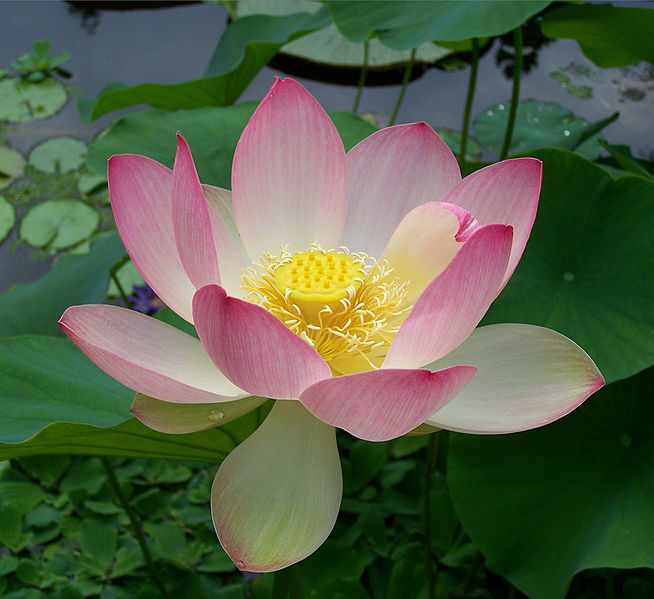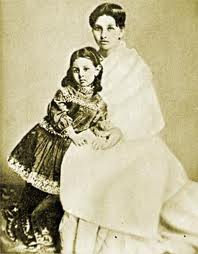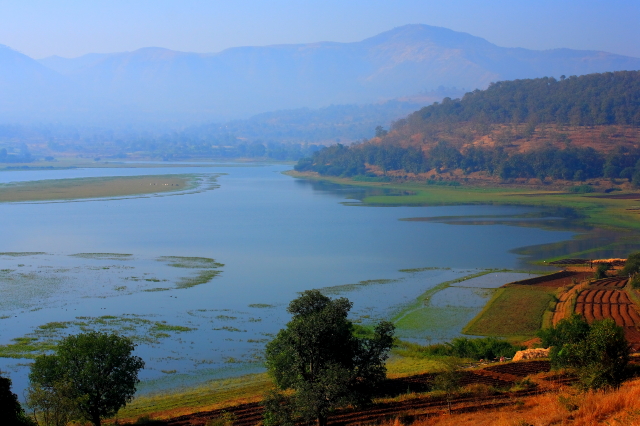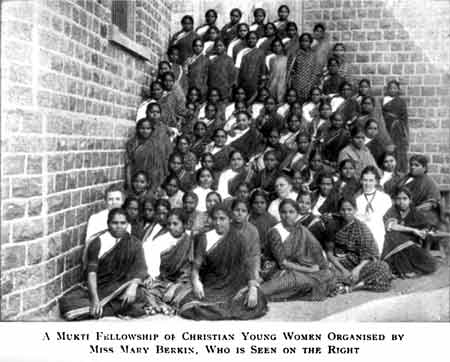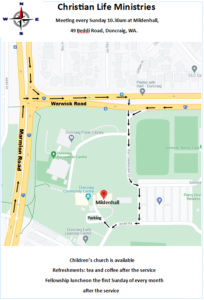Pandita Ramabai
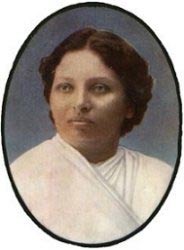
 Ramabai was born to a high caste Hindu family. At the age of 12 she had memorized thousands of sacred verses from the Hindu sacred scriptures and gained exceptional knowledge of the Hindu language. At the age of 13, the country went through a great famine and her parents became ill. There came a time when there was no food at all to eat for days and her father became too sick and weak and passed away. A few months later the same conditions also took away her mother’s life. Ramabai began to lose her faith in the religion where she had suffered so much. Ramabai and her brother decided to go to Calcutta, where Ramabai was welcomed by Hindu priests as they too were high caste priest Brahmins. They were amazed to hear Ramabai read the Hindu scriptures in Sanskrit (sacred Hindu language). The Sanskrit scholars of Calcutta University conferred on her the title of “Saraswati” or “Pandita” (Scholar). She was invited to give lectures and visit places of learning. The more she studied the Hindu Scriptures, the more unhappy and restless she became. She could not find peace.
Ramabai was born to a high caste Hindu family. At the age of 12 she had memorized thousands of sacred verses from the Hindu sacred scriptures and gained exceptional knowledge of the Hindu language. At the age of 13, the country went through a great famine and her parents became ill. There came a time when there was no food at all to eat for days and her father became too sick and weak and passed away. A few months later the same conditions also took away her mother’s life. Ramabai began to lose her faith in the religion where she had suffered so much. Ramabai and her brother decided to go to Calcutta, where Ramabai was welcomed by Hindu priests as they too were high caste priest Brahmins. They were amazed to hear Ramabai read the Hindu scriptures in Sanskrit (sacred Hindu language). The Sanskrit scholars of Calcutta University conferred on her the title of “Saraswati” or “Pandita” (Scholar). She was invited to give lectures and visit places of learning. The more she studied the Hindu Scriptures, the more unhappy and restless she became. She could not find peace.
Her brother also died. Being left all alone in the world, she decided to marry. She rebelled against the caste system and married a lawyer who was of a lower caste than her. This was very shocking to all her friends. However, just after 18 months of their marriage, Ramabai’s husband died of cholera. She was widowed at 23 years of age. They had a daughter named Manorama.
Ramabai left Calcutta and returned to her own home state. Here she also studied English and wrote a book called –
“Morals for Women.”
Ramabai had become friends with an English Missionary, Miss Hurford, who was about to return to England. Ramabai had made a little money, just enough for her and her daughter to travel to England with her missionary friend. Whilst in England, she wrote a book called –
“The High Caste Hindu Women.”
It was a scathing attack on the customary Hindu traditions of child marriage, polygamy and widowhood. The book was widely read and acclaimed in England.
Ramabai went to America and started to educate the people of the West about the appalling conditions of women in India. They formed the Ramabai Association and they committed to help her begin a school for young women in India. She was overjoyed and eager to start her mission.
The Home of Salvation
Ramabai secured some land 40 miles outside of Pune (Poona) just south of Bombay for girls to stay. She started a school here in 1896 with 20 girls during a severe famine. It was a project she undertook by faith in God. In the famine, Ramabai set out to bring back hungry and destitute children. She brought back 200 of them. She had to build new huts to house all the young widows and orphans. It was called Mukti Mission, which means ‘The home of Salvation’. By 1901 she had 2,000 girls and women and from January 1905 she began teaching about the need for revival.
Ramabai had heard about the great moves of the Holy Spirit in Wales. She challenged her young women to take time out from their secular studies to go by teams as missionaries to preach about Christ in distant villages. She got the girls in groups and urged them to pray for the salvation of people in India and across the world.
On June 29, 1905 the Spirit fell on a group of girls with weeping, confession of sin and prayers for empowerment of the Holy Spirit. The next day while Ramabai taught from John chapter 8 the Spirit came in power. All the girls began to weep and confess their sins.
When the Spirit came it was a time a great heart-searching and repentance. Many of the women and young girls had visions of their “body of sin”. They testified that the Holy Spirit came into them with burning. They called it a baptism of fire.
A letter written by one of the Mukti workers at this time says:
“Even young girls are stricken down with repentance. They cannot eat, sleep, or work till they go to the bottom of things. They search and weep before God until he shows them the state of their heart of their heart. They repent, restore, confess and finally come into such joy that knows no bounds. They call it a baptism of fire. They say that when the Holy Spirit comes upon them the burning within them is almost unbearable. Afterwards they are transformed, their faces light up with joy, their mouths are filled with praise.”
Acknowledgements: Reference.
